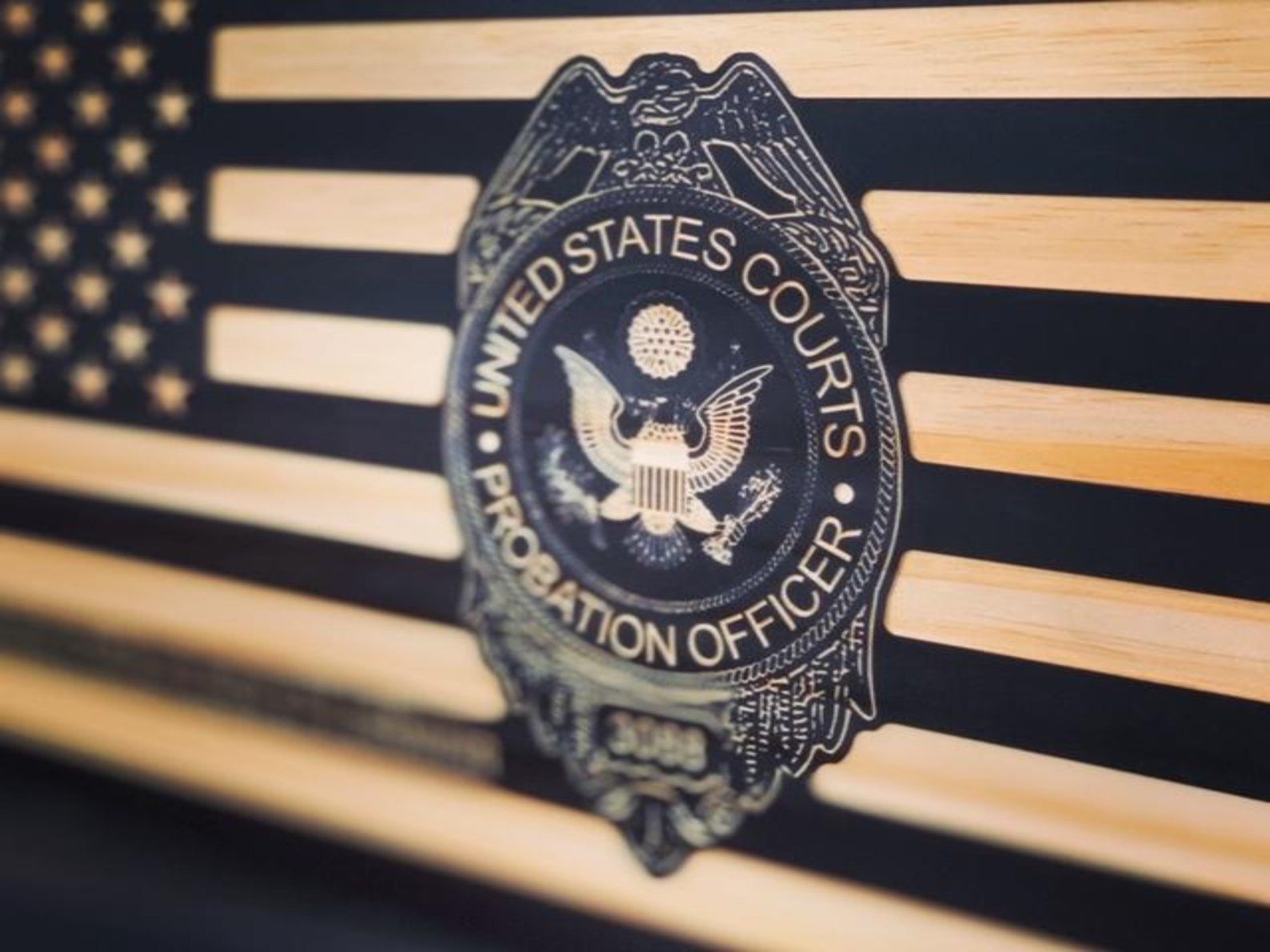Even though proposition 64[1] legalized the use of marijuana for recreational purposes in California, under federal law, it remains illegal to possess any amount of marijuana. The law in this area is confusing for retailers, consumers, and the police tasked with the enforcement of these laws that change constantly.
On one hand, the law has allowed individuals to apply for retail cannabis licenses to operate their own businesses; yet the high cost to run a cannabis retail business not only includes licensing costs, but also investment in high-quality security systems and personnel to protect against theft—Alphonso Blunt, owner, and manager of Blunts and Moore in Oakland, incurred close to $1 million in losses after his store was robbed in late 2020. Most of Moore’s losses were not covered by insurance[2]. In addition, retailers are forced to operate primarily as cash only business because federal law does not provide them with access to the traditional banking system to collect payment by accepting credit cards. This means that marijuana dispensaries are easy targets for theft.
On the other hand, many consumers are unaware that they can be charged with a crime under federal law for the possession and use of any form of marijuana even when state law permits them to possess small amounts of marijuana for personal use. For example, if you have been prescribed marijuana to treat a medical condition (cancer, HIV, pain management, etc.), or if you possess marijuana for recreational purposes and you are following California law, you can still be arrested if you are found in the possession of marijuana in interstate travel or if you are on federal property. Most people get in trouble for possessing marijuana at airports or while driving across state lines.
Potential Future Outcomes
The conflict between federal and state laws can change soon if Congress passes legislation to legalize marijuana. Yesterday, the Speaker of the House of Representatives, Nancy Pelosi, urged her colleagues to vote in favor of the Marijuana Opportunity Reinvestment and Expungement Act or the MORE Act[3]. The bill passed in the House today and now it’s up to the Senate to vote. As Congress gets closer to passing and enacting legislation to declassify marijuana as a Schedule 1 drug, remember that you can still get arrested even if you are following California law. Keep in mind that heroin and LSD are also considered Schedule 1 drugs under the federal criminal laws.
The penalties for the possession of marijuana under federal law include steep fines, jail time, and asset forfeiture. If you were arrested for possessing marijuana by federal law enforcement agents, you need the help of an experienced federal criminal lawyer. Our attorneys have expertise in both state and federal drug laws.
Schedule a free consultation at our Los Angeles office or call (424) 231-4430.
[1] AB-64 Cannabis: licensure and regulation, https://leginfo.legislature.ca.gov/faces/billNavClient.xhtml?bill_id=201720180AB64.
[3] Nancy Pelosi, Speaker of the House, Newsroom, https://www.speaker.gov/newsroom/33122-1.

